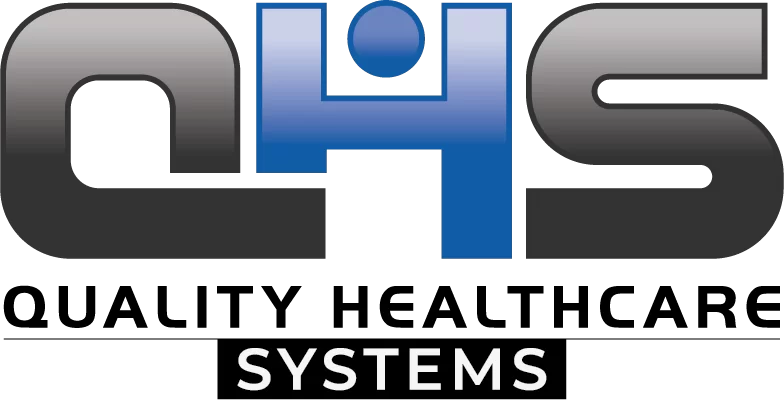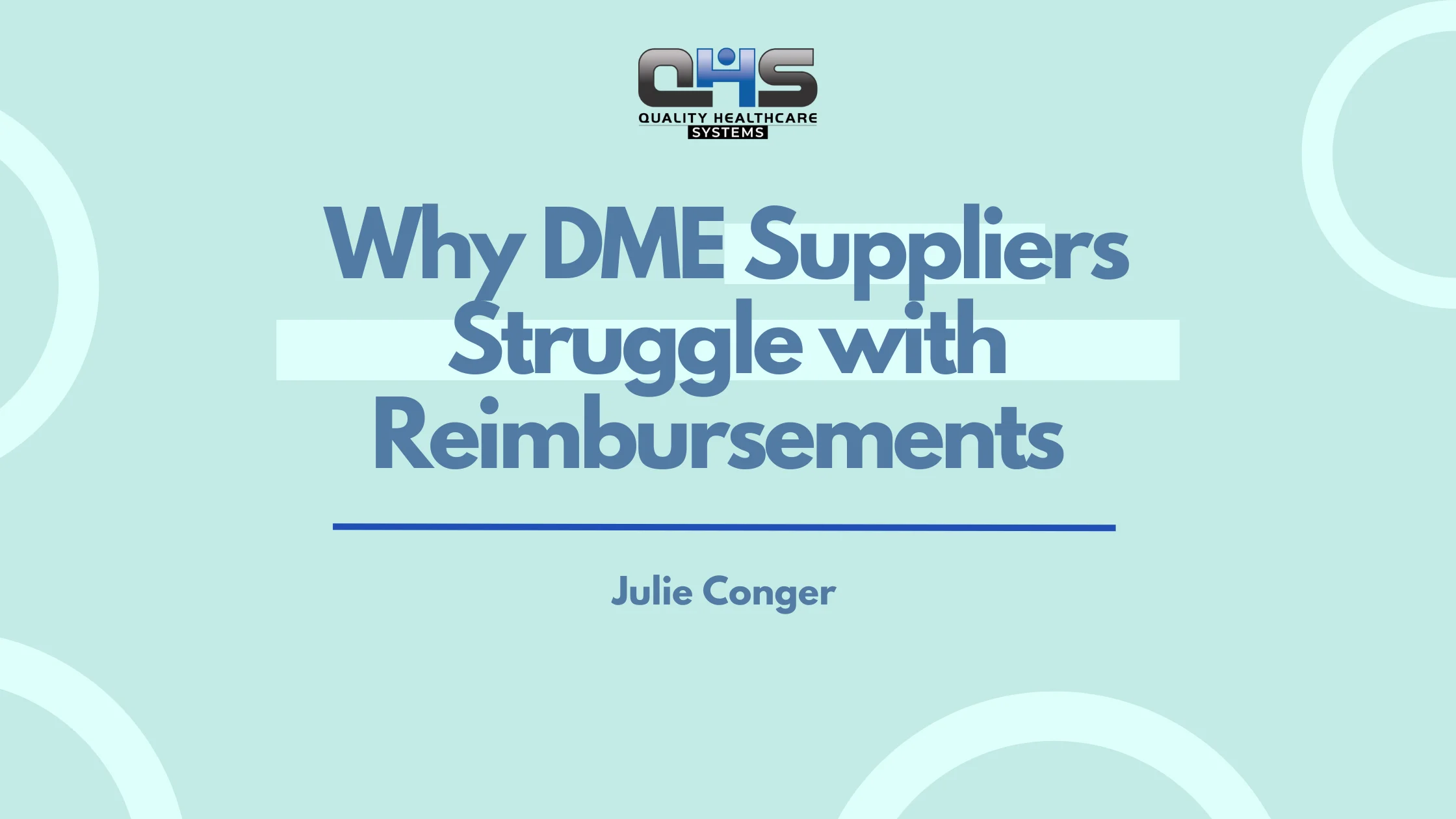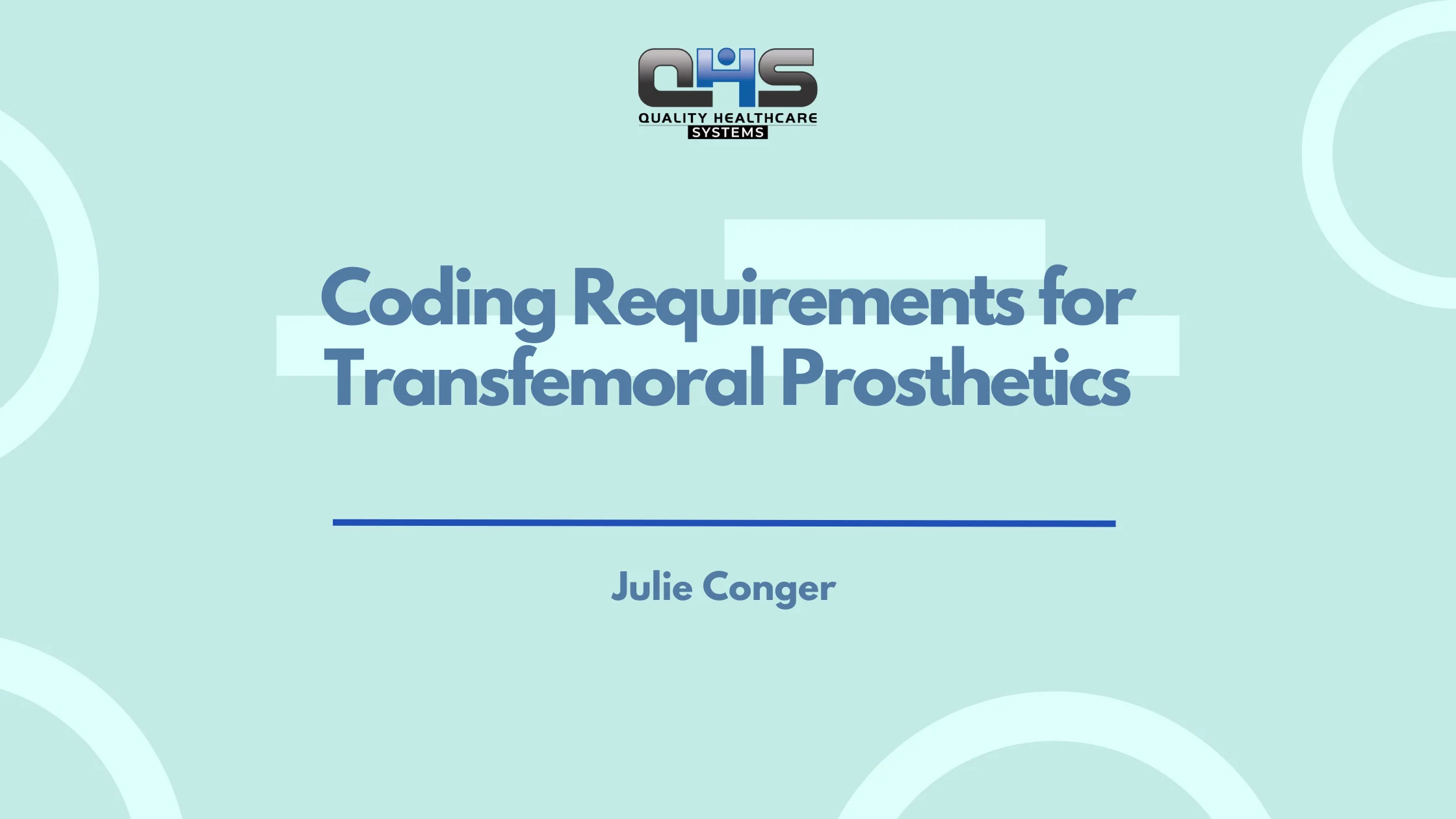Durable Medical Equipment (DME) suppliers frequently encounter challenges in receiving timely reimbursements. Claim denials, delayed payments, and regulatory complexities can significantly impact business sustainability. The reimbursement process can be overwhelming, from navigating insurance policies to ensuring accurate documentation.
This blog explores the primary reasons why DME suppliers face reimbursement hurdles and provides actionable strategies to streamline the billing process, reduce claim denials, and maximize revenue.
Common Reimbursement Challenges for DME Suppliers
Understanding the root causes of reimbursement issues is crucial for developing solutions. DME suppliers commonly face the following challenges:
1. The Impact of Insurance Policies and Medicare Guidelines
- Complex reimbursement policies from Medicare, Medicaid, and private insurers make it difficult to stay compliant.
- Frequent policy updates require continuous education and adjustments to billing procedures.
2. Frequent Claim Denials
- Missing or Incorrect Information: Incomplete patient details, incorrect HCPCS codes, or missing physician orders are common reasons for claim rejections.
- Medical Necessity Documentation Issues: Claims often get denied if the medical necessity is not adequately justified.
- Duplicate Claims: Submitting multiple claims for the same service can trigger denials.
3. Delayed Claim Submissions and Lack of Follow-Ups
- Filing claims past the submission deadline can result in automatic denials.
- Failing to follow up on pending claims causes delays in reimbursements, affecting cash flow.
4. Compliance Audits and Documentation Errors
- Insurance providers and regulatory bodies frequently audit DME claims to prevent fraud.
- Inadequate documentation or non-compliance with regulations can result in claim denials and financial penalties.
Key Factors Contributing to Reimbursement Delays
Several factors contribute to delays in reimbursements, making it essential for DME suppliers to address these areas effectively.
1. Patient Eligibility Verification
- Verifying a patient’s insurance coverage before providing equipment ensures that claims won’t be denied due to ineligibility.
- Insurance changes, policy lapses, or incorrect details can lead to rejected claims.
| Also Read: What is Patient Eligibility Verification and Why It’s Important for DME
2. Prior Authorization Requirements
- Many insurance providers require prior authorization for certain DME items before approving payment.
- Failure to obtain authorization leads to claim rejections, requiring resubmission and increasing processing time.
3. Inaccurate Coding and Billing Errors
- Incorrect HCPCS codes, mismatched modifiers, and misfiled documentation are major causes of claim denials.
- Regular training for billing staff and using automated billing software can minimize these errors.
4. Regulatory Changes and Compliance Requirements
- Updates in Medicare’s Competitive Bidding Program and reimbursement policies require ongoing adjustments.
- Suppliers who fail to comply with new regulations risk claim denials and audits.
Strategies to Improve Reimbursement Success
By implementing the following strategies, DME suppliers can enhance billing efficiency and maximize reimbursement rates.
1. Best Practices for Reducing Claim Denials
- Ensure Complete and Accurate Patient Information: Double-check patient details, including name, insurance ID, and diagnosis, to prevent clerical errors.
- Verify Insurance Eligibility in Advance: Conduct pre-service eligibility verification to confirm coverage and prevent denials due to inactive policies.
- Improve Medical Necessity Documentation: Ensure physician prescriptions and supporting documents justify the medical necessity of the equipment.
Read: How Insurance Claims Billing for Prosthetic Devices Works
2. Leverage Automation and Billing Software
- Automate Claims Processing: Use software that automatically checks for errors before submission to reduce denials.
- Track Claim Status in Real-Time: Utilize billing systems with real-time tracking to monitor claim progress and address issues promptly.
- Integrate Electronic Health Records (EHRs): Sync documentation with EHR systems to ensure consistency and accuracy in claim submissions.
3. Improve Documentation and Coding Accuracy
- Use Correct HCPCS Codes and Modifiers: Keep up-to-date with coding changes to avoid rejected claims due to incorrect billing codes.
- Maintain Thorough Patient Records: Store all required documentation, such as prescriptions, physician orders, and proof of delivery, in an organized manner.
- Conduct Internal Audits Regularly: Periodically review claims and documentation to identify and rectify errors before submission.
4. Timely Claim Submission and Proactive Follow-Ups
- Adhere to Submission Deadlines: Set internal deadlines well ahead of insurer-imposed limits to prevent late claim rejections.
- Follow Up on Pending Claims: Establish a system for regularly checking claim statuses and promptly addressing denials.
- Appeal Denied Claims Effectively: Train billing staff to identify appeal opportunities and submit necessary corrections or additional documentation.
| Explore: How to Start a DME Company
5. Outsourcing Billing Services
- Partner with Expert Billing Providers: Professional billing services can handle complex claims and compliance requirements more efficiently.
- Reduce Administrative Burden: Outsourcing allows suppliers to focus on patient care while experienced professionals manage claims and reimbursements.
- Enhance Revenue Recovery: Billing service providers specialize in denial management, helping recover lost revenue through strategic appeals and corrections.
How QHS Can Help DME Suppliers Overcome Reimbursement Challenges
- ✅ QHS provides expert DME billing services to help suppliers optimize reimbursements and minimize claim denials.
- ✅ Our patient eligibility verification services ensure accurate insurance details to prevent billing issues.
- ✅ We offer denial management services to help recover lost revenue and appeal denied claims effectively.
- ✅ With our compliance and audit services, DME suppliers can stay ahead of regulatory changes and reduce audit risks.
Conclusion
Reimbursement challenges can hinder the financial health of DME suppliers, but with the right strategies, these obstacles can be mitigated. By ensuring proper documentation, improving billing accuracy, leveraging automation, and working with expert billing services, suppliers can streamline their processes and maximize reimbursements. Taking proactive measures today can lead to a more sustainable and profitable future for DME businesses.
QHS specializes in providing expert DME billing services to optimize reimbursements, minimize claim denials, and ensure compliance with insurance regulations. Let us help streamline your reimbursement process today! Book an appointment today!
Frequently Asked Questions
Why do DME reimbursement claims get denied?
DME claims are often denied due to incorrect coding, missing documentation, eligibility issues, and failure to meet medical necessity requirements.
How does prior authorization impact DME reimbursements?
Prior authorization is a prerequisite for certain DME items, and delays in obtaining it can lead to claim denials or reimbursement delays.
What can DME suppliers do to reduce billing errors?
Suppliers can minimize billing errors by using automated billing software, conducting regular audits, and providing training for billing staff.
Why is patient eligibility verification important for reimbursement success?
Incorrect insurance details can lead to claim denials, making it essential to verify patient eligibility before processing claims.
How can DME suppliers improve cash flow through better billing practices?
Efficient claim submission, timely follow-ups, and outsourcing billing services can help suppliers optimize cash flow and prevent financial setbacks.
Why Do DME Suppliers Struggle with Reimbursements?
Durable Medical Equipment (DME) suppliers often face reimbursement challenges due to complex insurance policies, strict documentation requirements, and frequent claim denials. Issues like coding errors, prior authorization delays, and evolving Medicare and private insurance regulations make the process cumbersome.






